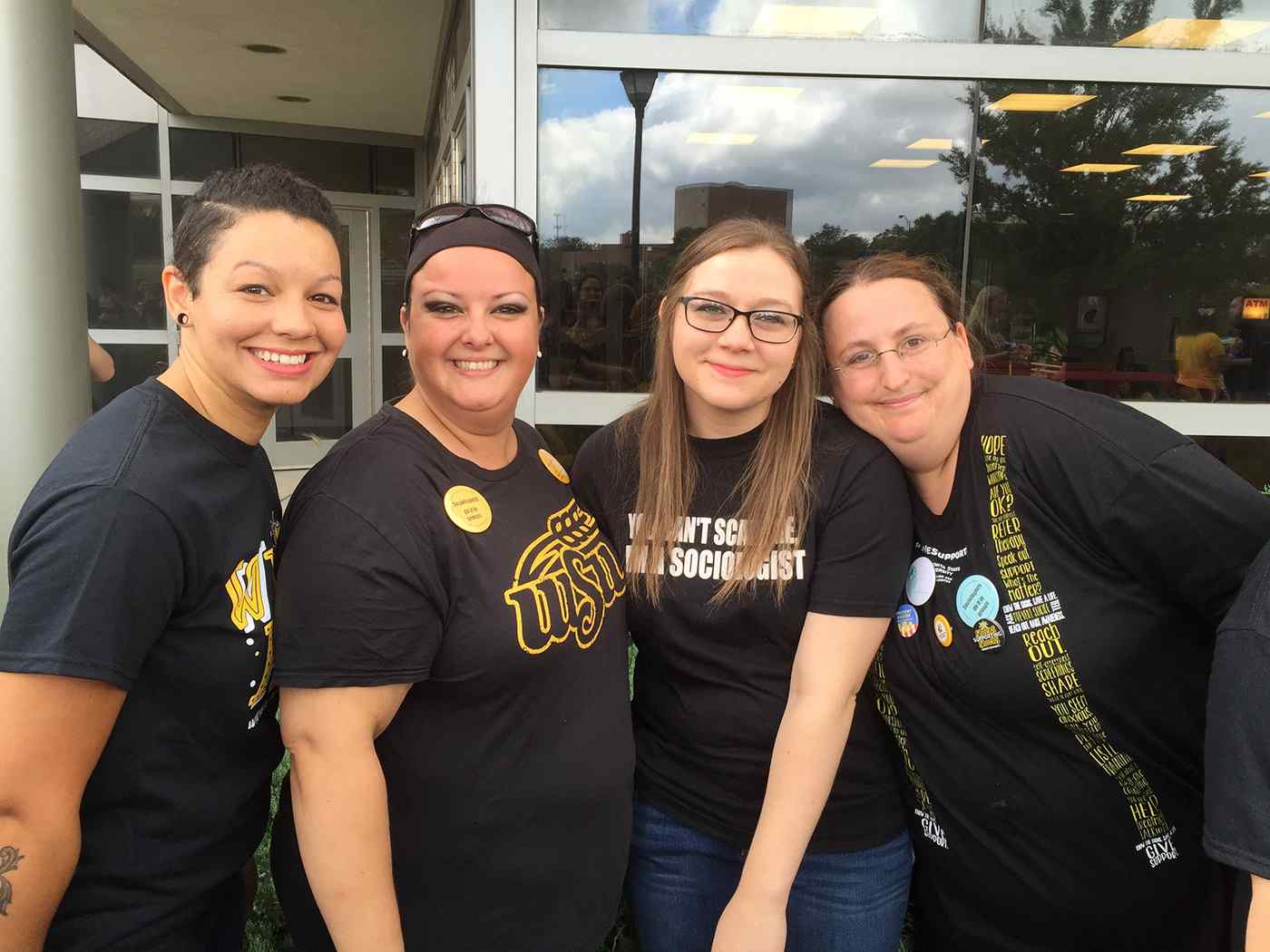A Bachelor of Arts (BA) in sociology from Wichita State provides insight into society and social behavior through the study of social structures, relationships, groups, organizations and more. At WSU, students can specialize in: social inequality and social problems, families and intimate relationships across the life course, medical sociology, urban life and globalization, and evidence-based practices. These specializations make it a widely applicable degree on its own or ideal for double majoring with disciplines such as pre-law, pre-med, public health, criminal justice, business / marketing, psychology and education. Sociological skills are transferable to a wide variety of industries, and students at WSU can tailor their curriculum to fit their specific goals as they prepare for employment or further graduate or professional studies.
Sociology is also offered as part of the WSU at McConnell program.
